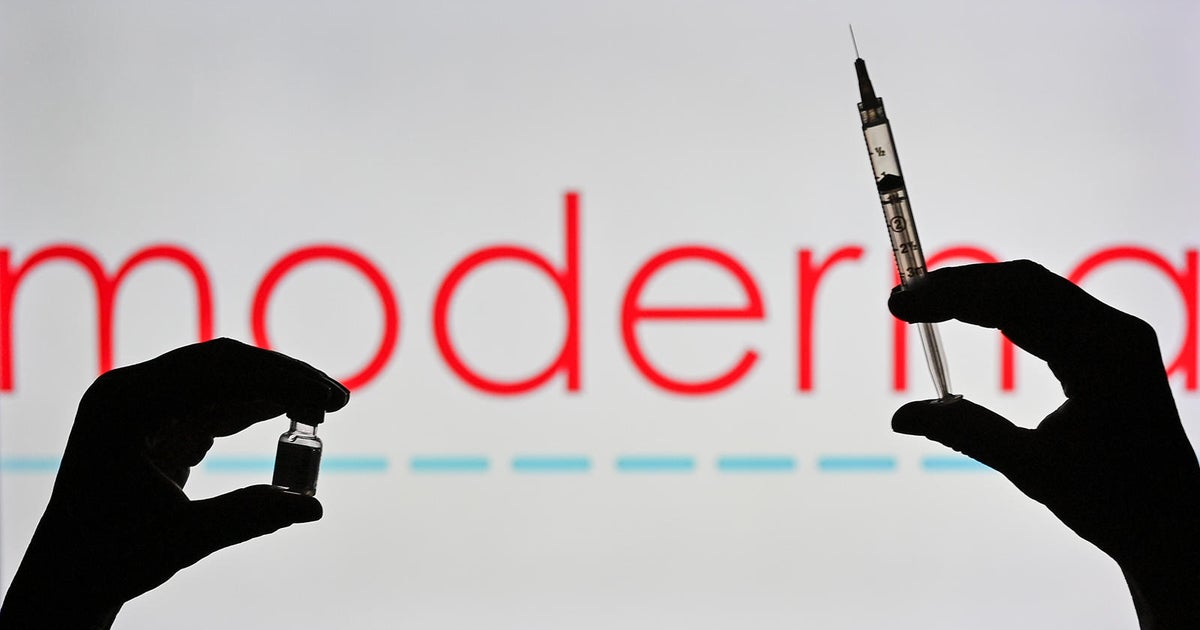Many U.S. workers support employers making COVID-19 vaccine mandatory, survey shows
Dollar General announced it will support employees who want to receive the COVID-19 vaccine by paying their hourly team members four hours of regular pay if they get vaccinated.
The company employs more than 157,000 people in 46 states, and many of those have been working on the front line during the pandemic. The retailer has become one of the first large companies to offer employees an incentive to get the shot.
Jessi Hempel, LinkedIn's senior editor at large, told "CBS This Morning" co-host Anthony Mason that she believes that many other companies will follow Dollar General's lead and encourage their employees to receive the vaccine.
"I think there's no question that we're going to see companies start to speak up and talk about the incentives that they're going to use to try to encourage their employees to get vaccinated, absolutely," she said.
Nearly half of employees — 46% — support their employers making COVID-19 vaccinations mandatory, according a survey of LinkedIn users. The survey showed 40% of employees do not support the move and 14% said they were unsure.
Hempel believes that as the nation's vaccine drive ramps up, it will be up to employers to find a balance to encourage their employees to do the right thing in the name of science for public health while also allowing them to make the decision.
"I mean, there is pressure to make it mandatory. Certainly, I was surprised that so many members of LinkedIn's community thought it was a good idea. Nearly half of the people who weighed in said, 'Yes, do make it mandatory,'" she said. "But of course, companies know that if they make it mandatory, which they can legally do, they risk alienating and further polarizing their employees."
Despite the Centers for Disease Control and Prevention's recommendation that everyone wears a face mask in public, there is no federal mandate requiring people do so. But companies and businesses across the country have taken the lead and made it mandatory to wear face coverings when indoors.
The requirements have led Americans to look to businesses for guidance and has instilled trust at a time where trust in institutions has plummeted.
"I think about that all the time because if you look at what trust has done in our society over the last couple of decades, you've seen trust plummet in institutions like the media, like government," said Hempel. "And yet, people trust businesses more and more and more. They're looking to businesses rightly or wrongly for messages about how they should behave and should treat each other. Businesses have a unique opportunity right now to step up and be leaders here."
The demand for COVID-19 vaccines remains high and states have been slowly administrating vaccines to people who meet the requirements to be vaccinated. The number of doses administered each day has slowly been trending up, with the CDC announcing more than 931,000 doses were administered on Wednesday.
The slow rollout could hinder businesses and companies' plans to return their employees back to the office and restore the order that was disrupted during the pandemic.
"Business as usual is not going to happen until people are vaccinated, until people are through this pandemic and that is not going to happen until we get that vaccination rolled out as quickly as possible. And I so wish that it would be happening more quickly. The truth is it's going to be a long time from here," Hempel said. "This is going to be a slow process even when we do start to go back to our offices, we're going to be using the kind of protocols with social distance and masks that we see today."
Hempel said while it is unknown how effective the vaccine is, businesses should wait until the vaccine is further understood before bringing in the majority of their employees back to work. In the meantime, they should have conversations and encourage their workers to take the shot for the safety of others.



